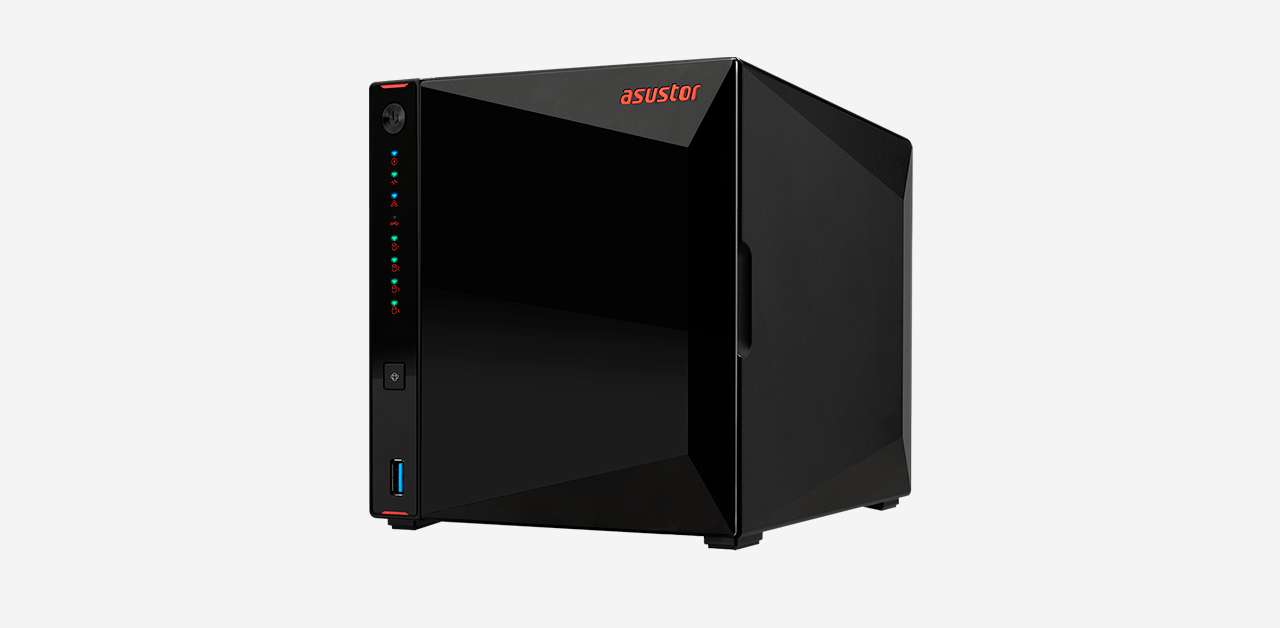Hi chaps,
Been reading and reading for what seems like countless hours only to find myself more confused than when I started.
I'm currently using my desktop PC as a Plex media server which is fine except my HDD is mostly getting full now, and I don't like having to leave it on 24/7 in case someone wants to watch something. I'm also paying a fair bit for cloud data storage (with pCloud).
I'm planning to upgrade my home networking to a mesh wifi system, with something like an Asus ZenWifi ET12 x2. As part of this I'd like to get a NAS with about 8-12TB of storage for TV shows, Movies, Cartoons for the kids etc. These would be watched on an LG CX OLED, possibly a Macbook or 2021 iPad if out of the house (but this is not hugely important), and any future TVs I buy (likely also LG OLEDs).
I understand that Synology NAS have better software, but QNAP have better hardware. I don't know if I need hardware transcoding or not, but I try to download all TV shows and movies in 4K, with HDR wherever possible. I have gigabit internet at home with 1000mb/s download and about 120mb/s upload. I don't mind paying £100 for a lifetime Plex pass if needed.
I'm terrified of spending £500+ on a NAS and hard drives, getting it all set up, only to find I can't watch stuff properly or it buffers constantly or can't be transcoded.
I'd also like to live sync/backup certain folders on my desktop and laptop to the NAS, just like I currently do with pCloud. If I add a new document in folder X, it should appear in the cloud/NAS version immediately, same if I make any changes to that document. And I need to be able to access those files/folders from my phone or elsewhere when I'm out and about. I think this data storage is pretty basic and every NAS will let me do this.
My budget is <£700 including some hard drives. I understand the Synology 920+ is good, and I can buy one used with drives for £600ish. I have seen there's also a Synology 423+ which is newer, and I can get this new without drives for around £500. I read that the QNAP TS-464 is ideal, but it's not available anywhere for non-crazy prices. If I can spend less than the total budget than that would be even better.
Please help!
Been reading and reading for what seems like countless hours only to find myself more confused than when I started.
I'm currently using my desktop PC as a Plex media server which is fine except my HDD is mostly getting full now, and I don't like having to leave it on 24/7 in case someone wants to watch something. I'm also paying a fair bit for cloud data storage (with pCloud).
I'm planning to upgrade my home networking to a mesh wifi system, with something like an Asus ZenWifi ET12 x2. As part of this I'd like to get a NAS with about 8-12TB of storage for TV shows, Movies, Cartoons for the kids etc. These would be watched on an LG CX OLED, possibly a Macbook or 2021 iPad if out of the house (but this is not hugely important), and any future TVs I buy (likely also LG OLEDs).
I understand that Synology NAS have better software, but QNAP have better hardware. I don't know if I need hardware transcoding or not, but I try to download all TV shows and movies in 4K, with HDR wherever possible. I have gigabit internet at home with 1000mb/s download and about 120mb/s upload. I don't mind paying £100 for a lifetime Plex pass if needed.
I'm terrified of spending £500+ on a NAS and hard drives, getting it all set up, only to find I can't watch stuff properly or it buffers constantly or can't be transcoded.
I'd also like to live sync/backup certain folders on my desktop and laptop to the NAS, just like I currently do with pCloud. If I add a new document in folder X, it should appear in the cloud/NAS version immediately, same if I make any changes to that document. And I need to be able to access those files/folders from my phone or elsewhere when I'm out and about. I think this data storage is pretty basic and every NAS will let me do this.
My budget is <£700 including some hard drives. I understand the Synology 920+ is good, and I can buy one used with drives for £600ish. I have seen there's also a Synology 423+ which is newer, and I can get this new without drives for around £500. I read that the QNAP TS-464 is ideal, but it's not available anywhere for non-crazy prices. If I can spend less than the total budget than that would be even better.
Please help!
Last edited:


